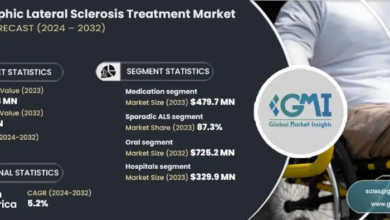Ohio House passes bill to keep income taxes where work is done

(The Center Square) – The Ohio Legislature and courts continue to wrestle with city income taxes and which communities get tax money from stay-at-home workers.
The Ohio House has passed a bill last that keeps the state as is, requiring employees to pay income taxes in the city where they work. If work is done at home, then that community benefits, rather than where the traditional workplace is located.
State Democrats believe the bill tightens local community finances even more, leaving many to struggle to fund emergency services and essential programs. It remains unknown how many employees will return to traditional office settings when all COVID-19 restrictions are removed.
“HB 157 undercuts local communities and threatens critical funding for public safety and emergency services, roads and other services essential to our everyday lives,” Rep. Dontavius Jarrells, D-Columbus, said. “This bill would have a profound impact on our ability to provide Ohioans access to the tools they need to live a better life.”
Democrats offered amendments that would require the director of public safety to study and report on reductions in law enforcement personnel and other public safety services because of revenue lost from the bill and to extend the current tax rule that bases income taxes on worksite locations. Republics rejected both amendments.
At the beginning of the pandemic, the General Assembly passed legislation that continued to allow cities to collect taxes from employees based on the location of their place of employment, rather than where the work was actually done. It was an effort to stabilize revenues for municipalities, and, in particular, larger communities where larger employers are based.
Sen. Kristina Roegner, R-Hudson, introduced a bill in February that returns the state’s income tax law to pre-pandemic regulations, meaning most employees pay taxes in the city they live and the city they work.
Senate Bill 97, still in committee, repeals a pandemic stopgap passed by the Ohio Legislature last spring that allowed cities that are the home to businesses to continue to collect income taxes from employees who worked from home in another community.
“After a couple of months (of the pandemic), you set up a situation where I believe is unconstitutional,” Roegner said earlier this year. “You have people paying taxes to a city the people have not set foot in in months.”
While the General Assembly moves forward with legislation, the Buckeye Institute, a Columbus-based think tank, filed an appeal in a case against the city of Columbus and the state that challenges the law that continues to allow for worksite tax collections. That case was dismissed in late April.
“The Buckeye Institute asked the Ohio Court of Appeals to reaffirm what the Ohio Supreme Court has already recognized time and again: that the Due Process clause requires local taxation of nonresidents to be based upon where any work was actually performed,” said Jay Carson, senior litigator at The Buckeye Institute.
Disclaimer: This content is distributed by The Center Square


